
Kitchen Works
How On-the-Job Eating Habits Shape Workforce Performance

How On-the-Job Eating Habits Shape Workforce Performance

Kitchen Works: Bold Flavors and Big Benefits for Your Workday

Turning Lunch into An Escape: How The Good Eating Company Elevates the Workday
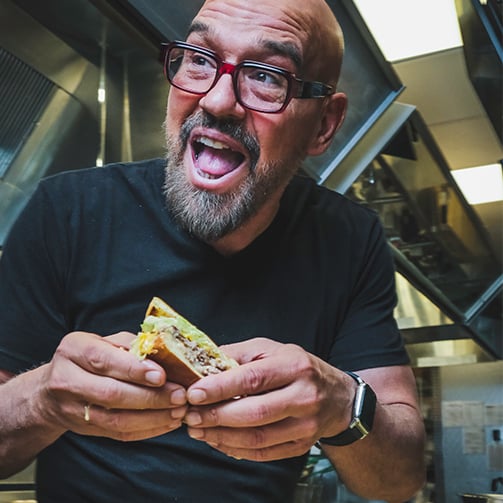
Bold Flavors, Big Results: Chef Michael Symon on Food That Works

Turning Surplus Ingredients into Bold, Sustainable Menus

A Day in the Life of Smart Workplace Dining

Boost Retention Through Everyday Eating Moments

Creating Menus That Work: Chef Michael Symon’s Take on Flavor, Inclusion and Employee Satisfaction

Global Flavors, Local Impact: Rethinking Everyday Workplace Dining

Kitchen Works: Bold Flavors and Big Benefits for Your Workday

Creating Menus That Work: Chef Michael Symon’s Take on Flavor, Inclusion and Employee Satisfaction

Global Flavors, Local Impact: Rethinking Everyday Workplace Dining
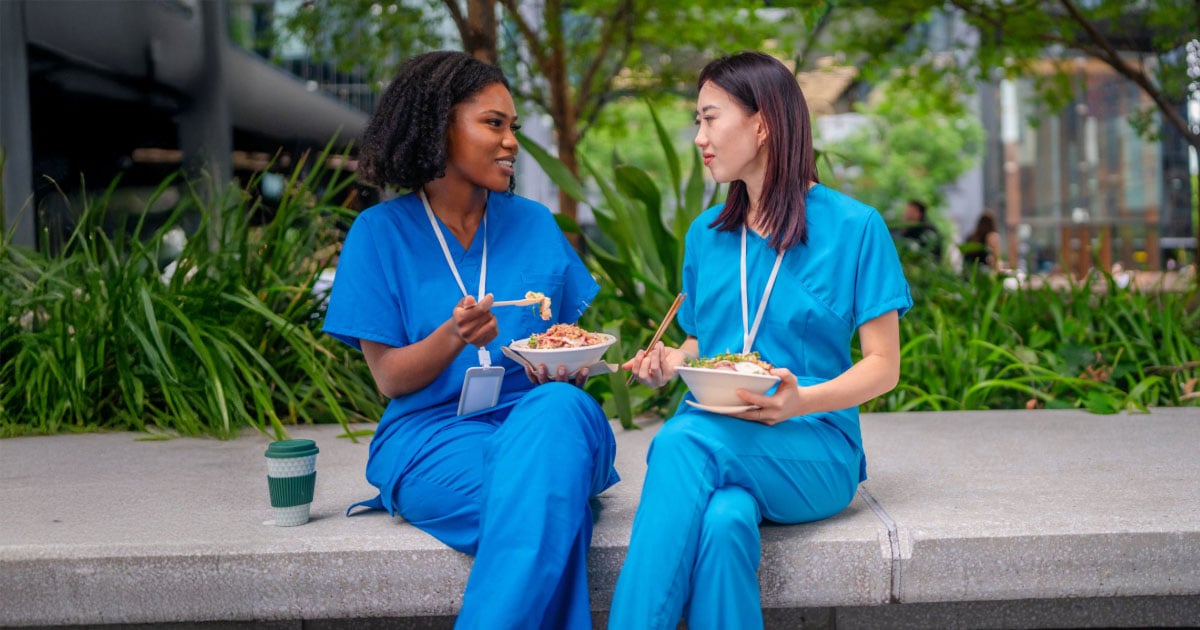
Why Healthcare Staff Dining Needs a Rethink — and What Smart Organizations Are Doing About It

Healthcare Technology Management: My Story
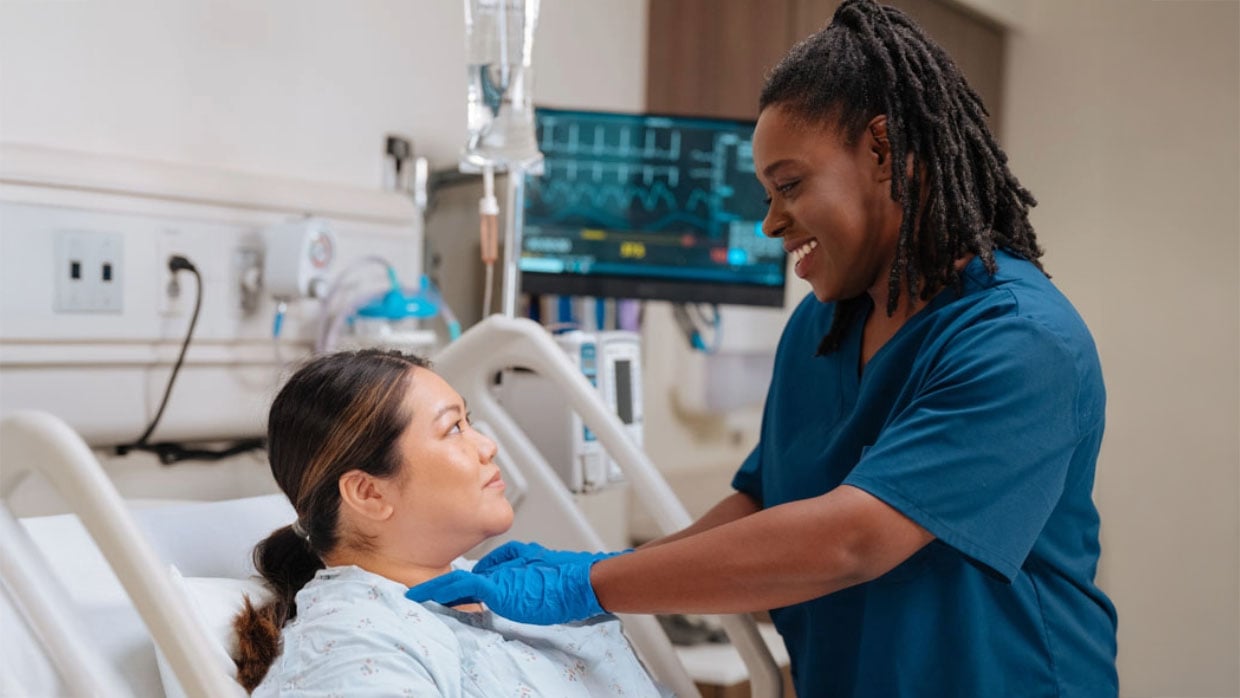
What Does a Registered Dietitian Nutritionist (RDN) Really Do in the Hospital? More Than You Realize!
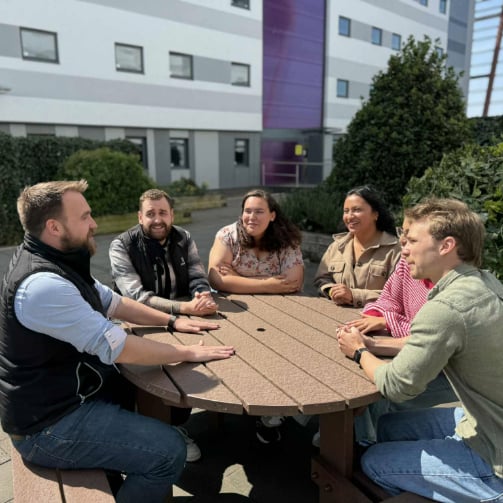
Unlocking Student Potential: Inside Sodexo’s Global Internship Program
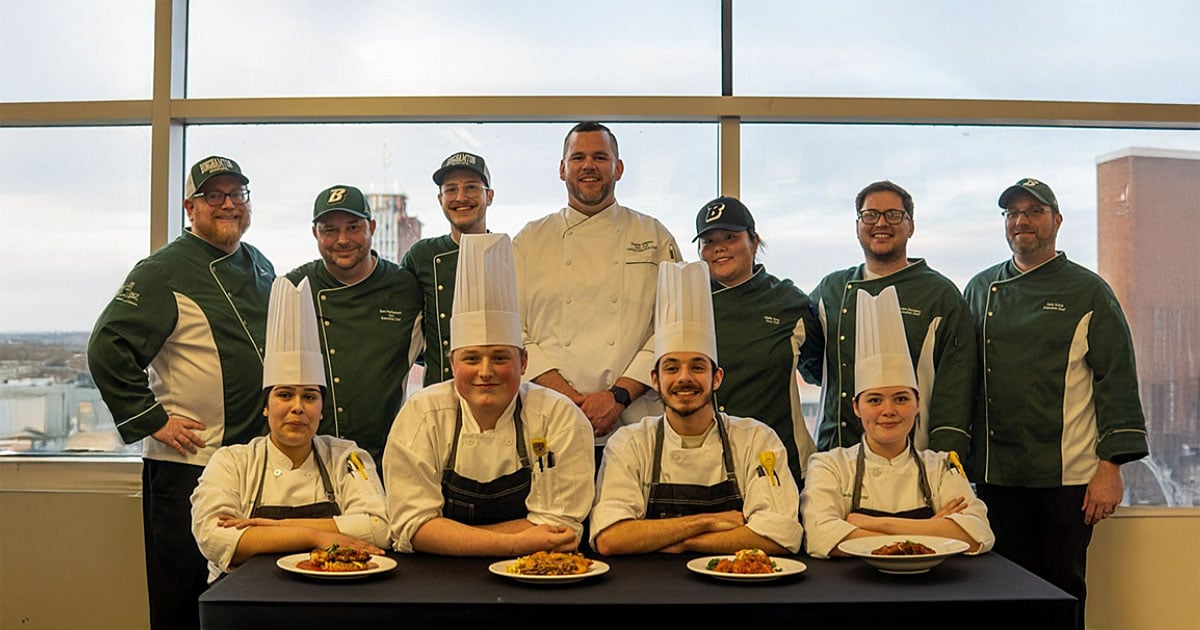
Turning Up the Heat: Binghamton’s Culinary Battle Showcases Student-Centered Dining

Bridging the Gap: What Parents Think vs. What Students Need — And How We Can Help

Craving Connections: The Impact of Social Interaction on Student Learning Through Lunchtime Experiences

A Sense of Belonging Benefits Students’ Well-Being

Student-Driven Dining Experience Builds Community at Long Branch Schools

Music for a Vibrant Mind: Enhancing Memory Care and Resident Engagement

How to Improve Brain Health Through Nutrition

The Future-Proof Senior Living Workforce: A Data-Driven Strategy for Non-Clinical Staff
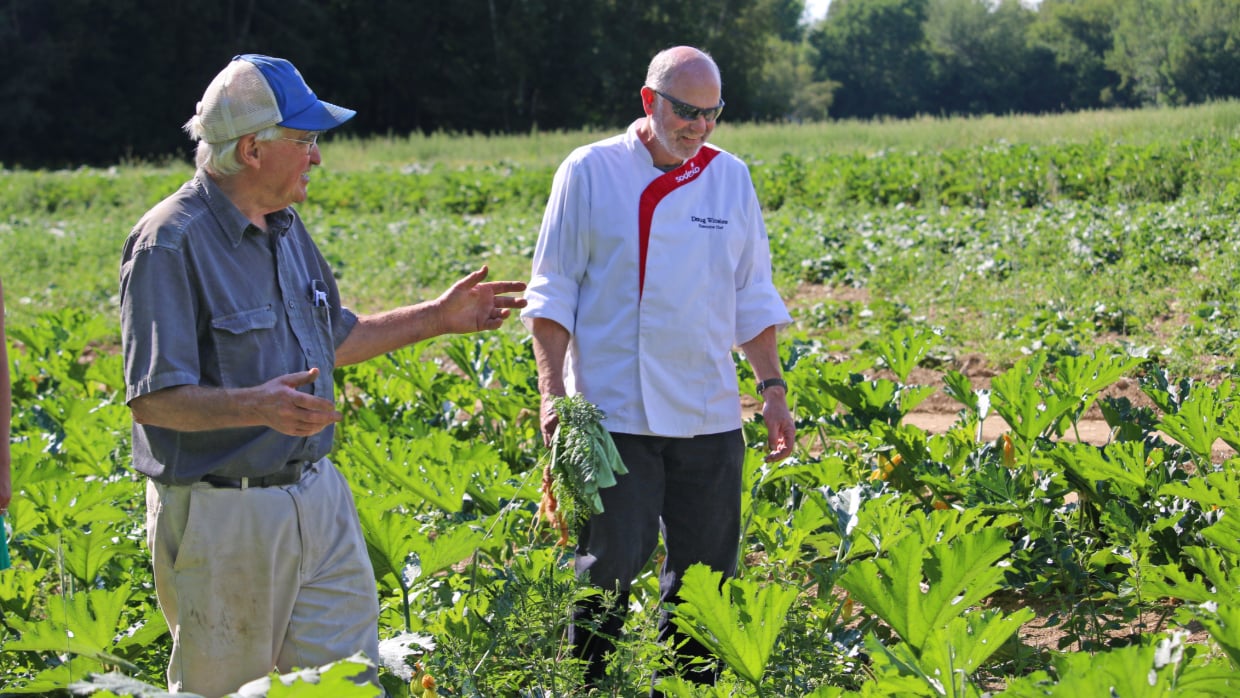
Growing Local, Supporting Communities: Sodexo’s Northeast Impact

Rooted in Nature: A Sodexo Employee’s Journey to Sustainability
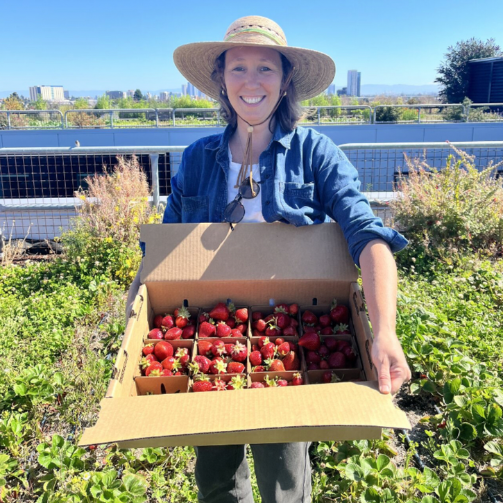
Empowering Change: An Employee’s Dedication to Sustainable Food Systems

Sodexo Leaders: Building Purpose-Driven Careers That Last
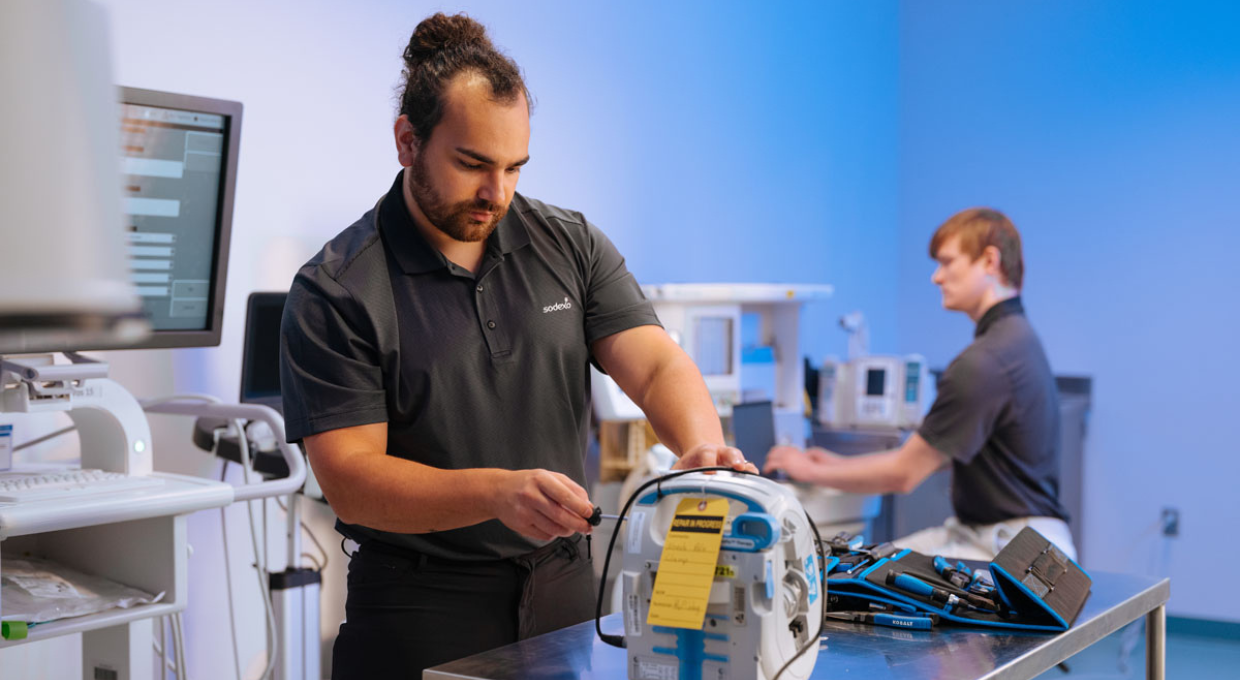
Driven by Precision, Powered by Purpose: Inside the World of HTM at Sodexo
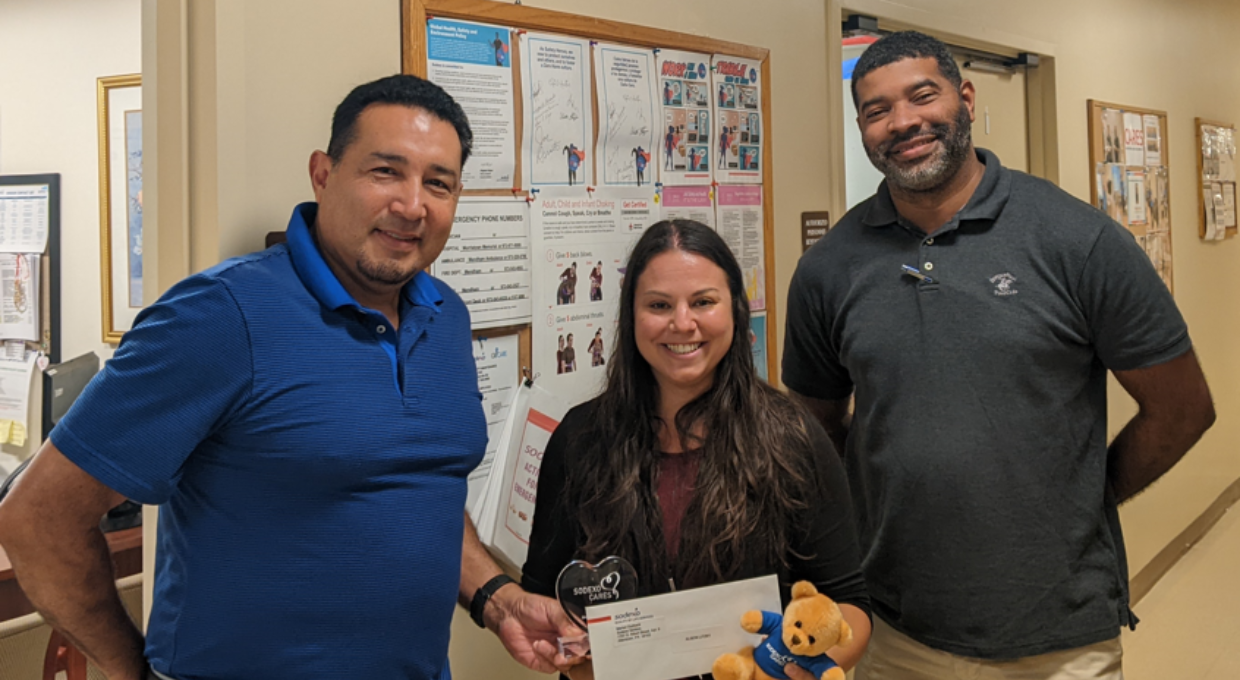
This GM’s Path to Success Through Determination and Mentorship
Get Started with Sodexo
Get in touch with a Sodexo expert
Explore Our Services